Online Accounts: What Actually Happens After You Are Gone?
Arnav Dhar - Nov 19, 2018
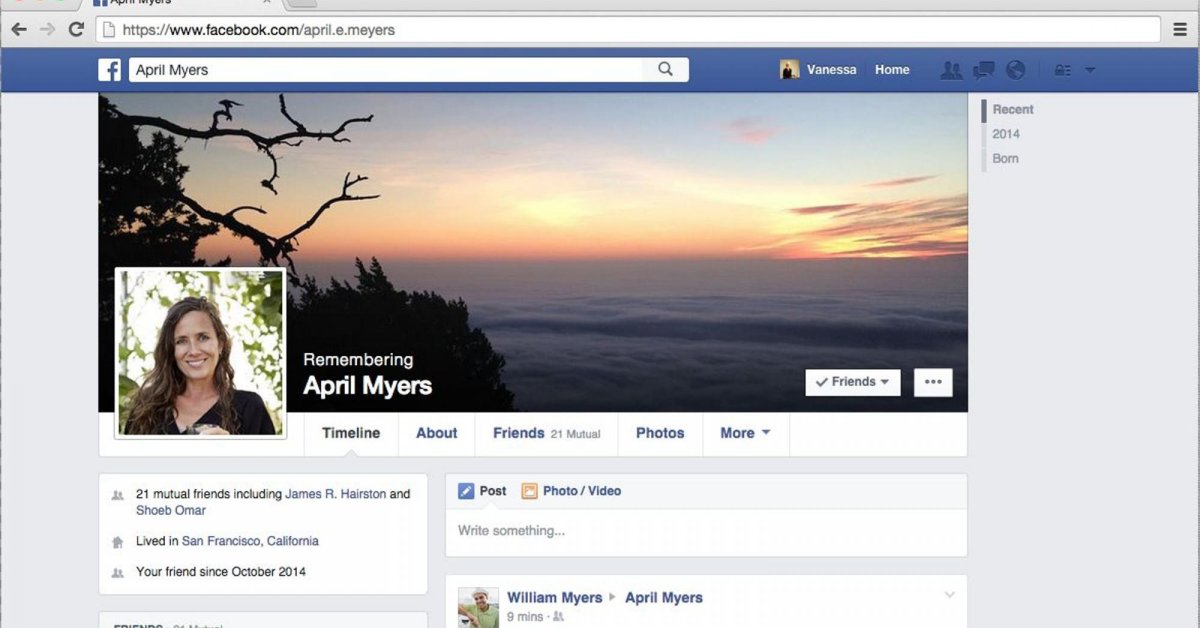
Have you ever wonder what would happen to your online accounts once you are dead? Some giants in the internet industry have their own answer for this.
- The Impact of Social Media on Online Sports Betting
- Instagram Launches A Lite Version For Users In Rural And Remote Areas
- Australia Passed New Law That Requires Facebook And Google To Pay For News Content
Death is an inevitable aspect of life. But have you ever wonder what would happen to your online accounts once you are dead? Some giants in the internet industry have their own answer for this.
How do social media giants deal with this?
Tech giants have cared about how to cope with the dead's online accounts for long. And when it comes to social media accounts, everything gets more interesting. Facebook, remarkably the greatest social media on the web, offers various approaches to this. Basically, you can decide to memorialize your online account or just delete it. You can do this by accessing your Manage Account panel and grant a certain friend the right to control some of your account's functions after you are gone.
Once you are dead, somebody will need to announce Facebook about that death by providing them with your account's name, the day in which you are dead and perhaps the proof of it. After being informed, Facebook will commit the account's owner's choice they have picked before to whether keep it as a memorialized one or delete it.
An example of a memorialized Facebook account
Twitter only allows deactivating the account of deceased people after being informed.
As a subsidiary of Facebook, Instagram also lets us memorialize deceased people's accounts. Though their accounts don't have too many differences compared with other normal accounts. They will also require the death's proof and only authorized people have the right to decide what to do with the deceased accounts. Here's where you can come to report the death of an account's owner.
Similarly, Google also let people report a death and thus deactivate that dead person's account.
Are the dead taking over social media?
The number of the dead's accounts is getting bigger day by day. This may be because people don't know how to deal with a deceased person's account or the account's owner didn't try to make someone their legacy contact in case of Facebook users. This makes us come up with a question: Is there any chance that in the future, the dead's accounts will finally exceed the living's? Some scientists have tried to approach this to answer the question.
Two professors from the University of Oxford and the Alan Turing Institute have co-operated in a study to reveal insight into some intriguing zones relating to the dead's accounts. They chose Facebook to do the research thanks to its prominence. Their methodology focuses on two situations – one in which there's a worldwide stop on people start joining Facebook (to assess the floor) and one in which this online platform keeps up its present development rate to achieve 90% of the penetration rate of a certain group (to assess the ceiling). This creates a range in which the number should fall into. In the outcomes, the primary situation prompts a greatest of about 1/10 accounts are of somebody who has died, while the second one prompts a higher level of 3/10.
Scenario 1 of the study
Scenario 2 of the study
In both of the situations, the quantity of dead accounts on Facebook doesn't surpass that of the living at least until the end of this century. However, even in the conservative estimation of the first situation, the quantity of dead on Facebook will soon be hundreds of mllions– most of them come from nations like India because of a great population and the US because of high penetration rate. Obviously, digital death is becoming a great phenomenon which is getting more and more popular. And thus, it becomes a more complicated problem than just a simple estimation.
Great issues with dead online accounts
There is without a doubt an individual story engaged with each and every profile of the dead that became a part of Facebook for quite a time. Be that as it may, taking these profiles together in the master plan paints an alternate plausibility. For Facebook's situation, it turns into the solitary, the only owner of this mass data, making the company a tremendous store of verifiable data that could be precious to future historic researches. If the technology of machine learning is applied, this data may well become an invaluable source of information that can serve multiple useful applications for the humankind's future.
Accordingly, there's a need to safeguard this type of data. This need could be driven by a few aspects, extending from religious, logical, scientifical values. Having said that, for a for-profit organization such as Facebook, what makes them consider this data source worth keeping is its capacity to help the organization gain more profit. The profiles of the clients who have died may fill this need. Individuals hoping to grieve those dead users will come to their timelines, producing actions – everything that Facebook can benefit from. There's additionally the recently made reference to the plausibility of this information being utilized for programming and serving historical research purposes. However, when both of these potentials can't produce any profit for the company, it certainly is reasonable for Facebook to remove this data, or possibly come up with new ideas to make use of it.
Companies like Facebook are having more control over us than you might think
Nonetheless, the economic benefits shouldn't be the only reason for keeping this data source. As clarified in the paper, this type of data can be considered archeological explorations in the future researches. For example, data from a deceased person's account can be considered as their own diaries. What makes these diaries valuable and precious for historical research purposes is not its content itself but rather the objective factors around it. When we really think about it, this data source can be extremely precious and dangerous, easy to be taken advantage of altogether.
The best way to prevent someone from taking advantage of it to manipulate and serve their own purposes is to distribute this data to a wider range of holders. The situation which we are witnessing, with the exclusiveness of possession of social media companies over this important type of data, only urges to accomplish that method.
Featured Stories

Features - Jan 29, 2026
Permanently Deleting Your Instagram Account: A Complete Step-by-Step Tutorial

Features - Jul 01, 2025
What Are The Fastest Passenger Vehicles Ever Created?

Features - Jun 25, 2025
Japan Hydrogen Breakthrough: Scientists Crack the Clean Energy Code with...

ICT News - Jun 25, 2025
AI Intimidation Tactics: CEOs Turn Flawed Technology Into Employee Fear Machine

Review - Jun 25, 2025
Windows 11 Problems: Is Microsoft's "Best" OS Actually Getting Worse?

Features - Jun 22, 2025
Telegram Founder Pavel Durov Plans to Split $14 Billion Fortune Among 106 Children

ICT News - Jun 22, 2025
Neuralink Telepathy Chip Enables Quadriplegic Rob Greiner to Control Games with...

Features - Jun 21, 2025
This Over $100 Bottle Has Nothing But Fresh Air Inside

Features - Jun 18, 2025
Best Mobile VPN Apps for Gaming 2025: Complete Guide

Features - Jun 18, 2025
A Math Formula Tells Us How Long Everything Will Live
Read more

ICT News- Feb 18, 2026
Google's Project Toscana: Elevating Pixel Face Unlock to Rival Apple's Face ID
As the smartphone landscape evolves, Google's push toward superior face unlock technology underscores its ambition to close the gap with Apple in user security and convenience.

ICT News- Feb 19, 2026
Escalating Costs for NVIDIA RTX 50 Series GPUs: RTX 5090 Tops $5,000, RTX 5060 Ti Closes in on RTX 5070 Pricing
As the RTX 50 series continues to push boundaries in gaming and AI, these price trends raise questions about accessibility for average gamers.

ICT News- Feb 20, 2026
Tech Leaders Question AI Agents' Value: Human Labor Remains More Affordable
In a recent episode of the All-In podcast, prominent tech investors and entrepreneurs expressed skepticism about the immediate practicality of deploying AI agents in business operations.
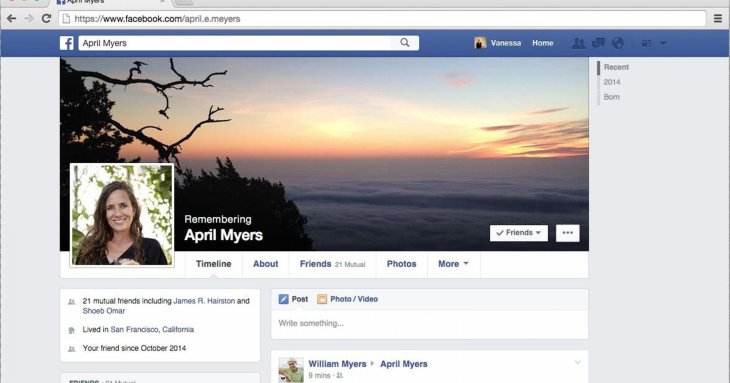
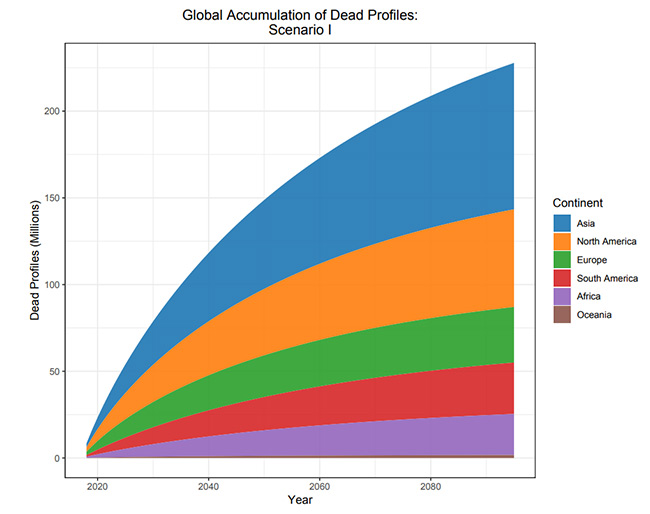
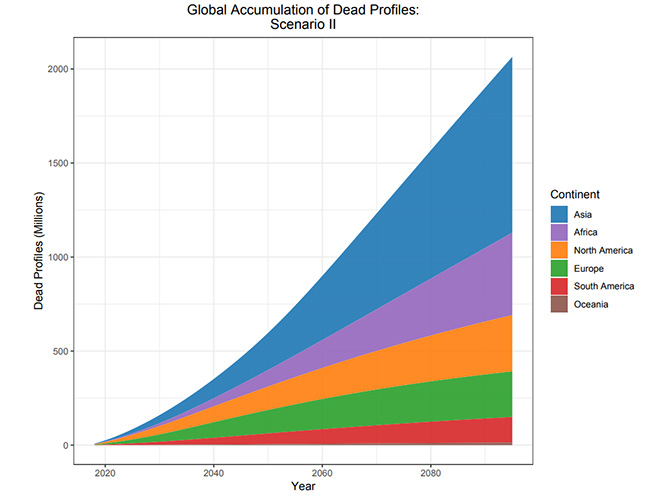
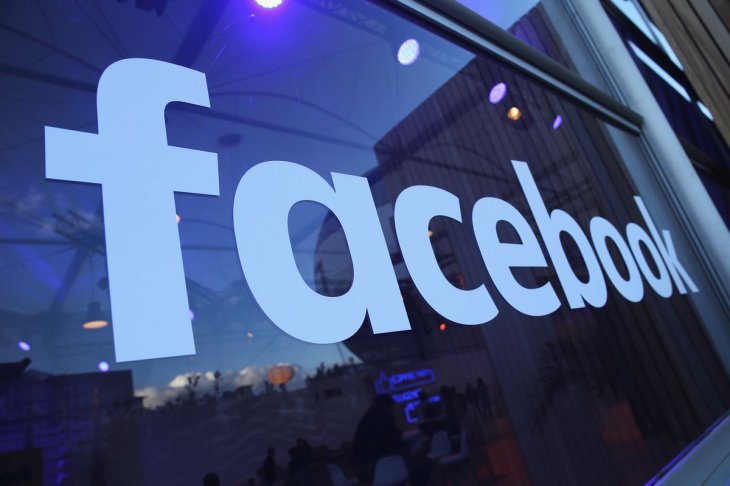
Comments
Sort by Newest | Popular